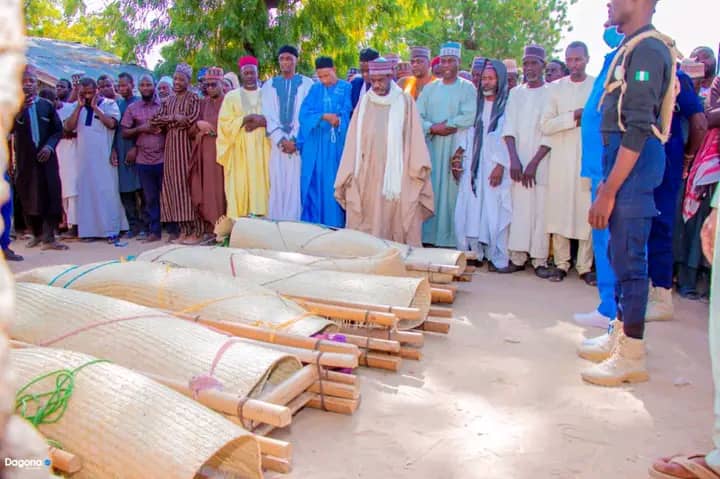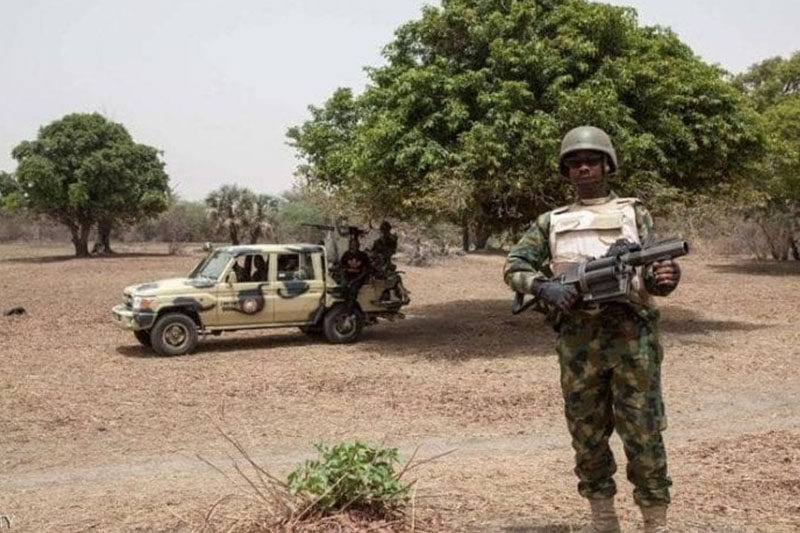The president of Niger, Mohamed Bazoum, has paid a two-day working visit to the Diffa region of the country to assess the security situation and to ensure the safe resettlement of internally displaced persons (IDPs) in their ancestral homes.
An IDP in Diffa, Muhammad Ari Fantami, said he was happy the president had made the time to visit the returnees. He spent Saturday and Sunday, June 25 and 26, in the region.
“This is the third time the president has visited us, which clearly indicates his concern about us and whether we are safe here.”
Fantami said IDPs were eager to return to their ancestral homes so that they could start fishing and farming, especially during the rainy season. “Life is tough in the city of Diffa for the displaced persons.”
Wakil Mahamadou, a security expert in Niamey, the capital and largest city of Niger, said one of the reasons for Bazoum’s visit was to fast-track the resettlement, which his government started when he assumed office in April last year and one of his priorities was to bolster the army and ensure that they were well equipped to deal with security issues.
Mahamadou said that resettling IDPs was not an easy job. Before they could return, authorities had to find houses, schools and food for them so that they could begin their new life.
“The safety and dignity of the IDPs should be paramount when they are resettled. There are concerns over the safety of the returnees in most communities. Insurgents killed five fishermen in the Nigerian community of Loskori on the same day Bazoum visited Diffa. It was evident that they were sending a clear message to the president that they were still active in the region.
“This continues to be the case in most resettled communities. Insurgents force the farmers to pay levies before they can access their farms. It is imperative that the government prioritises the safety of the returnees.”
Mahamadou said there were reports of abductions of civilians on daily basis, which concerned and scared the people.
“Most times the relatives are forced to pay ransom money to secure the release of their loved ones. Often the cost is too high and the relatives cannot pay the ransom. That is one of the reasons some abducted people are killed.”
He said there had been a spike in the prices of almost everything, even ransoms.
“The people have to travel through military and insurgent checkpoints. Some marketers have accused the security operatives of extortion and they try to avoid going through military checkpoints. Many prefer to go through checkpoints set up by the insurgents because they do not demand as much money as the military.”
Mahamadou said it was the government’s duty to investigate this matter thoroughly and address the problem.
He emphasised the need for more collaboration at a regional level to secure the four countries of the Lake Chad Basin – Niger, Nigeria, Chad and Cameroon – from all security threats, which had been bedeviling and plaguing the citizens of these countries for more than a decade.
Zainab Alhaji Ali







